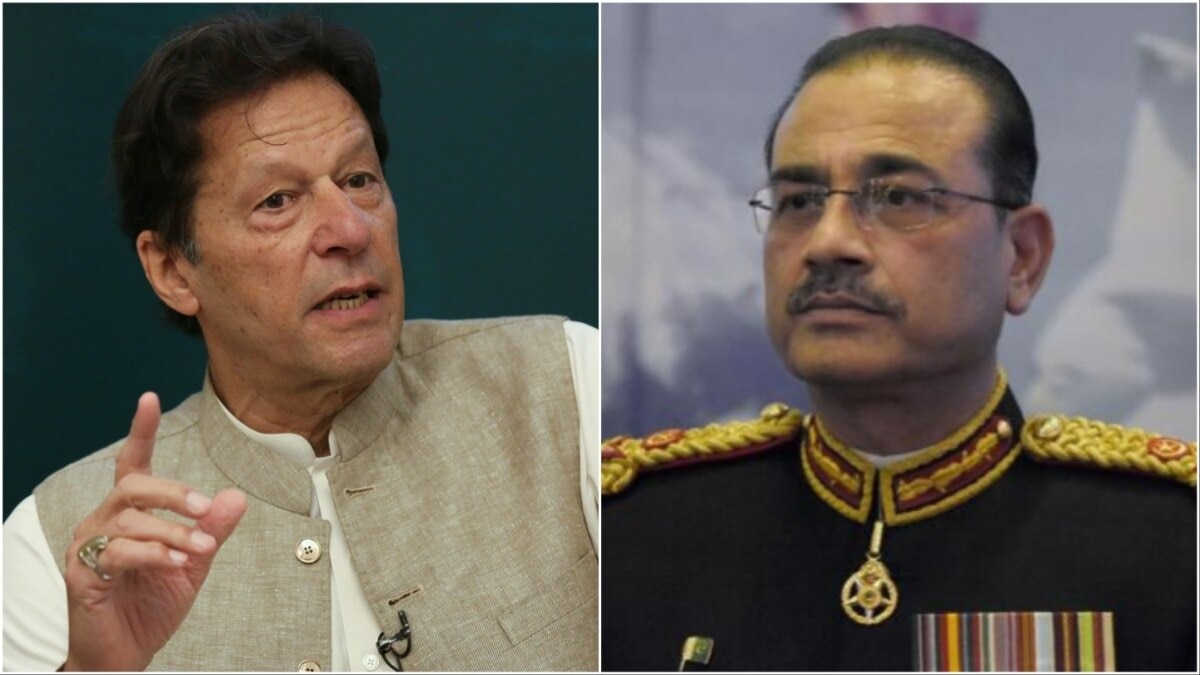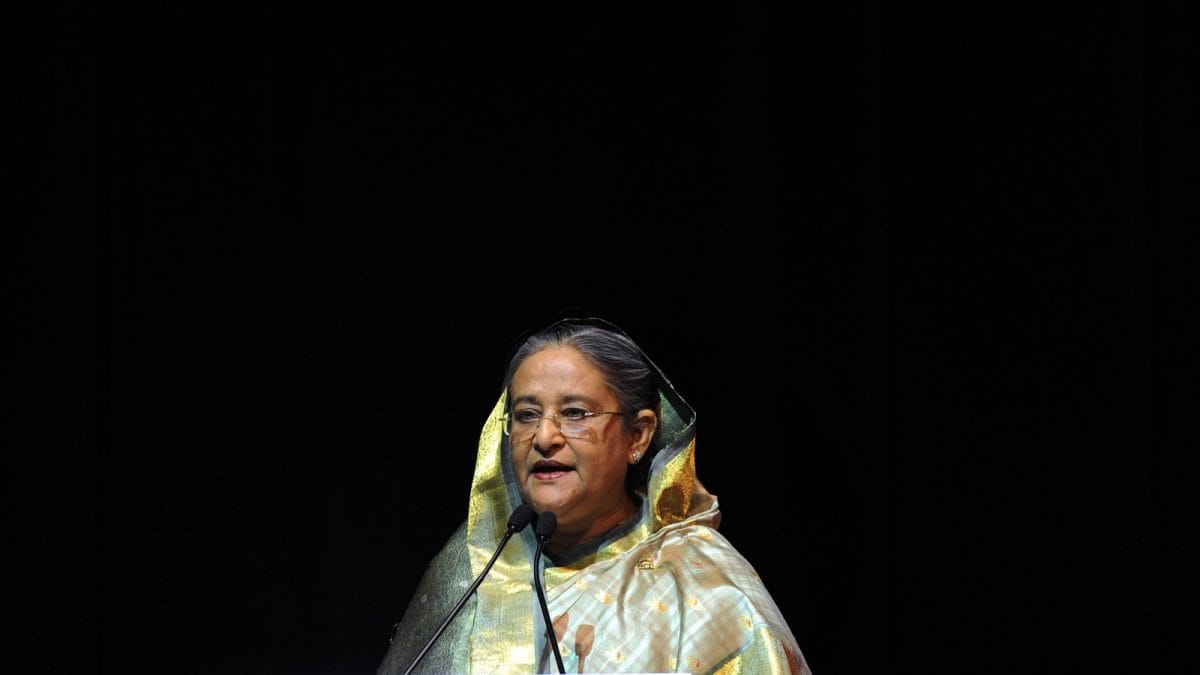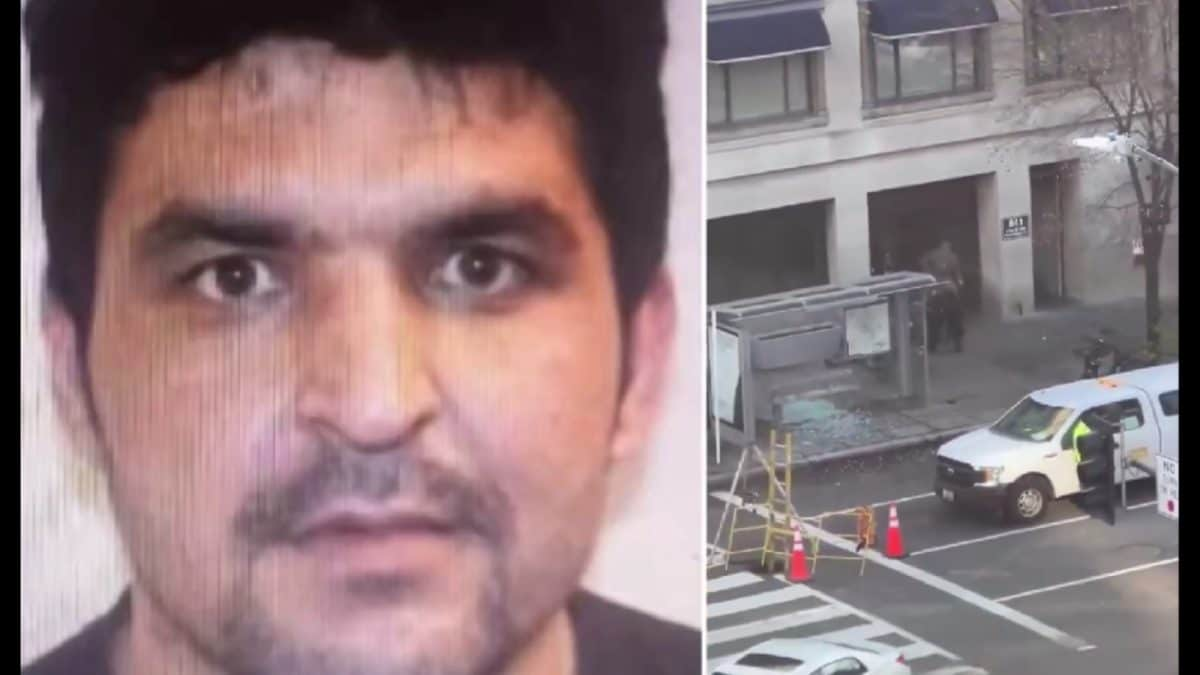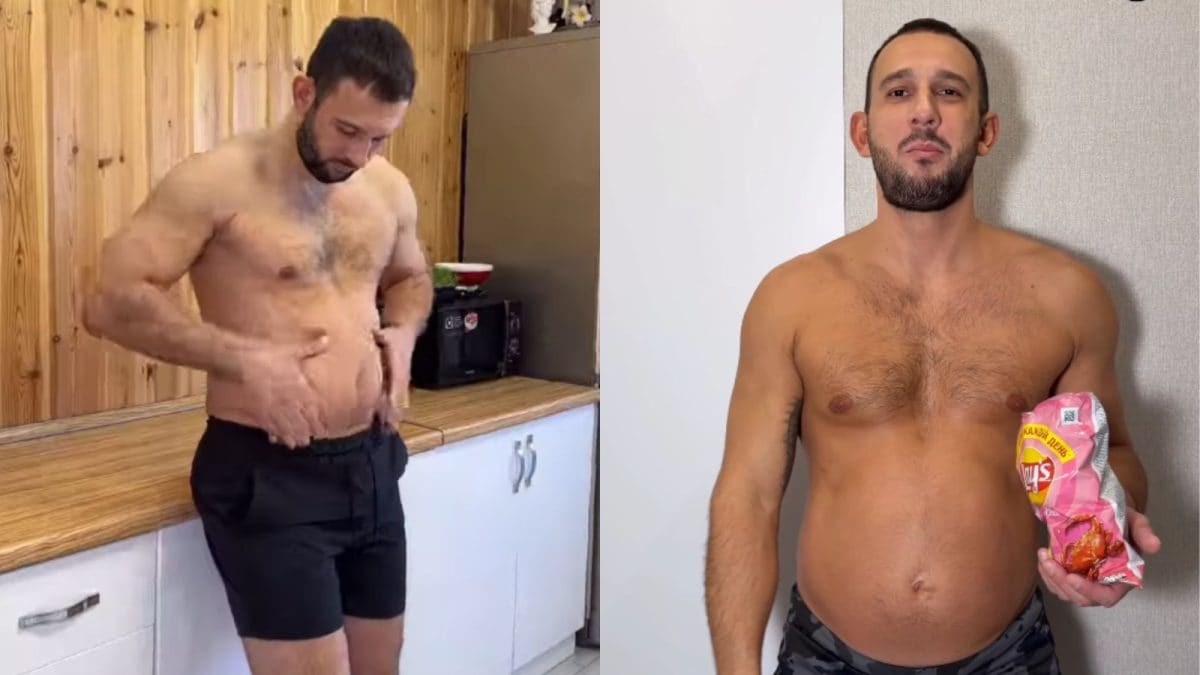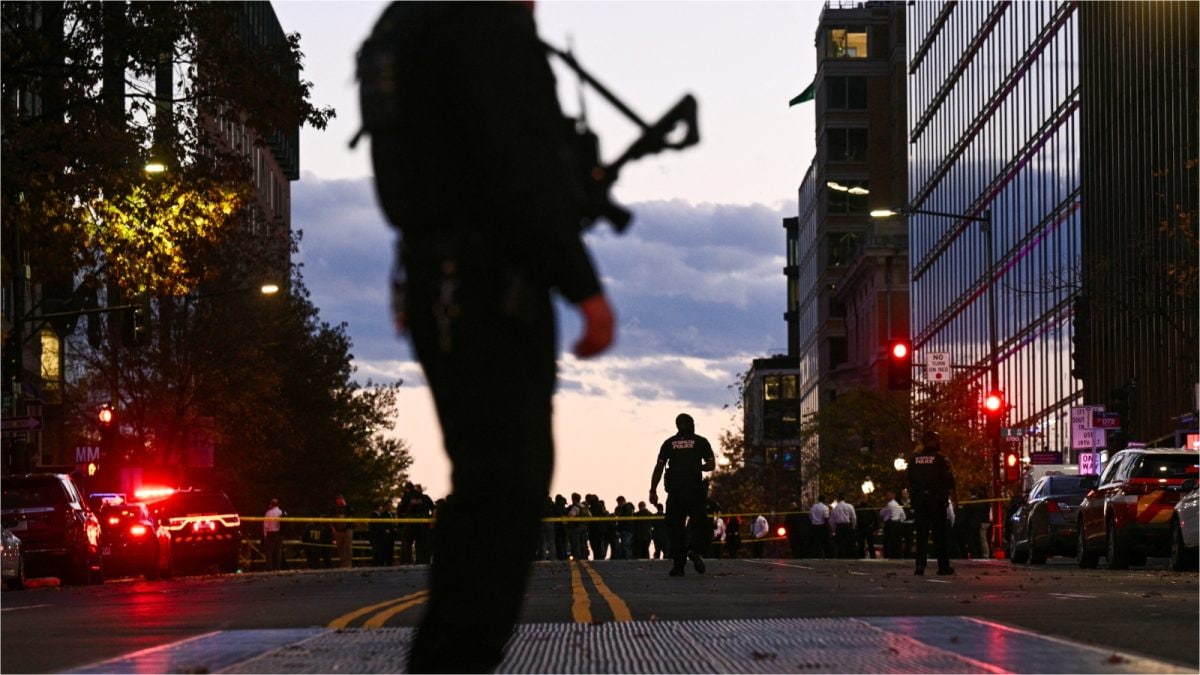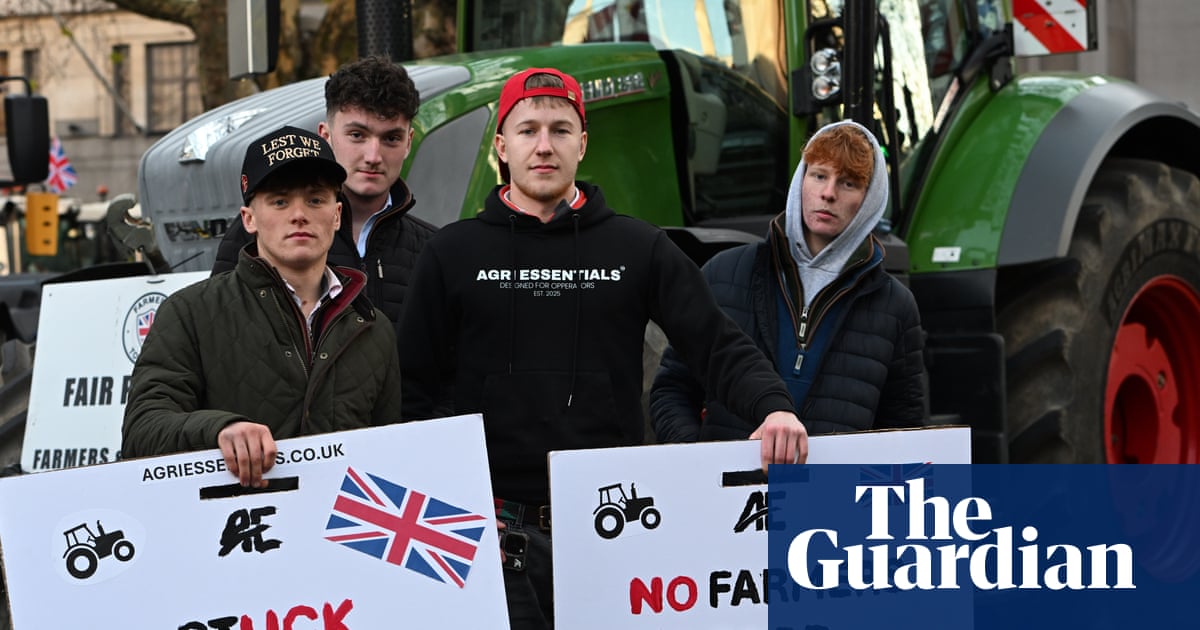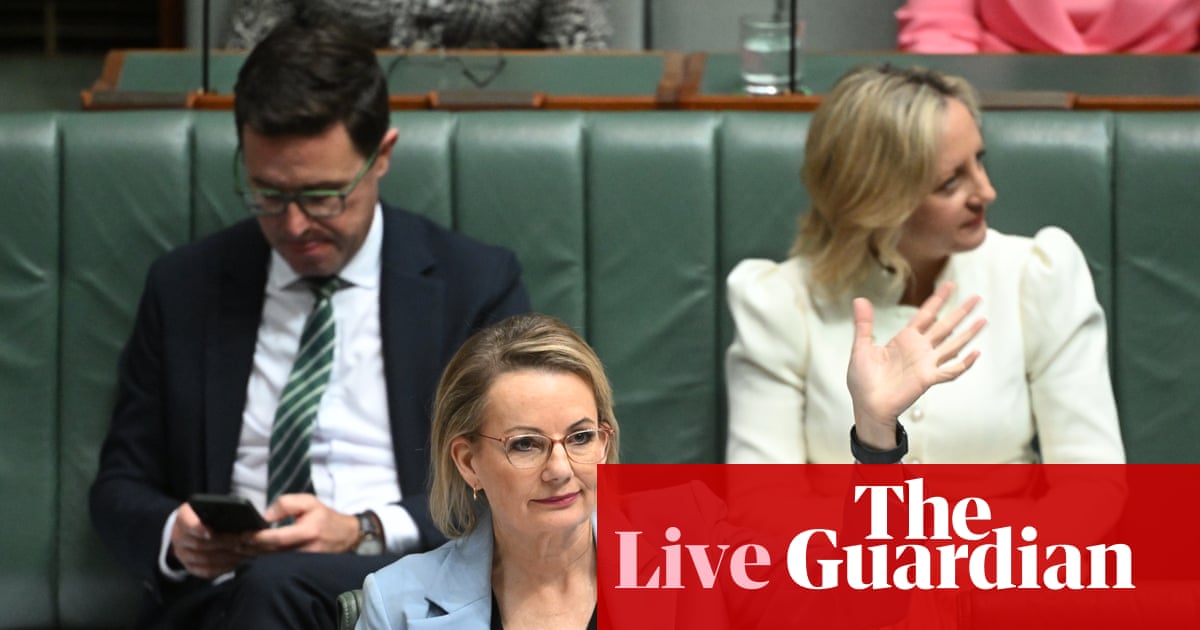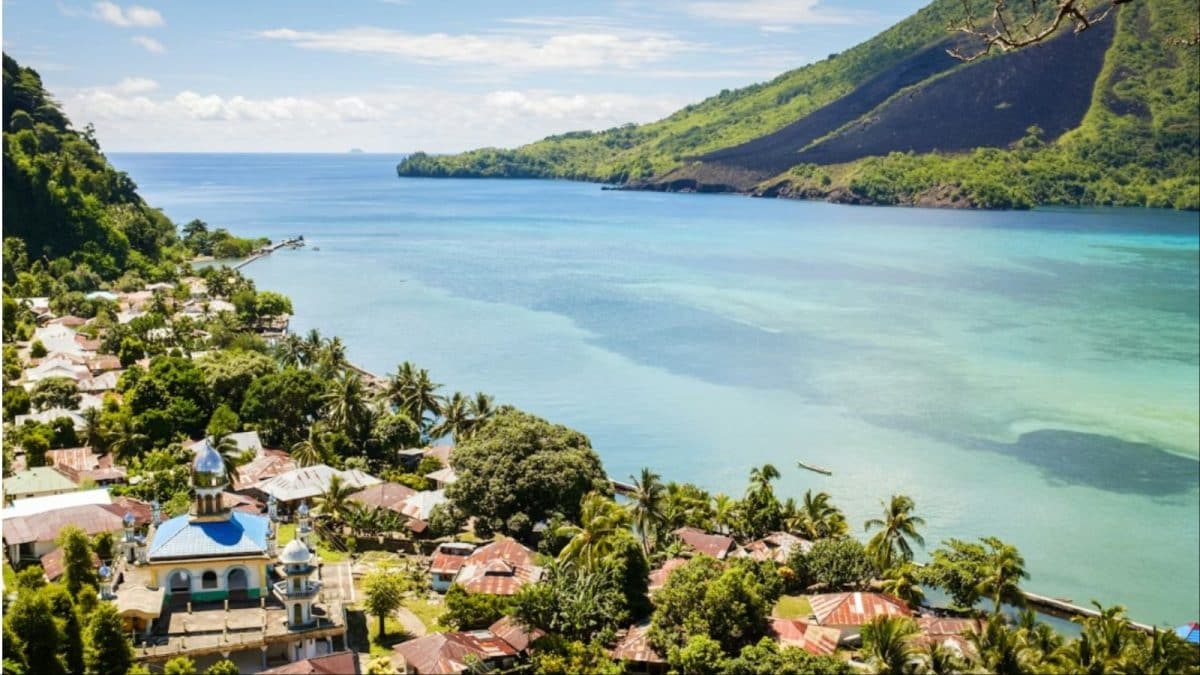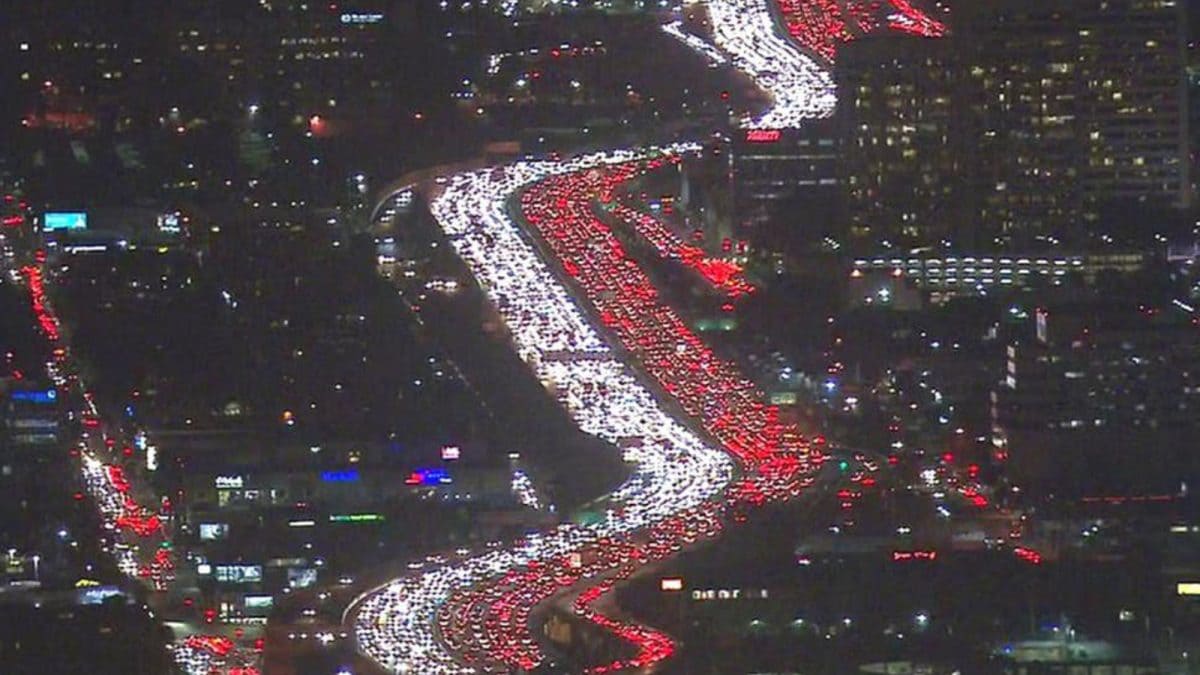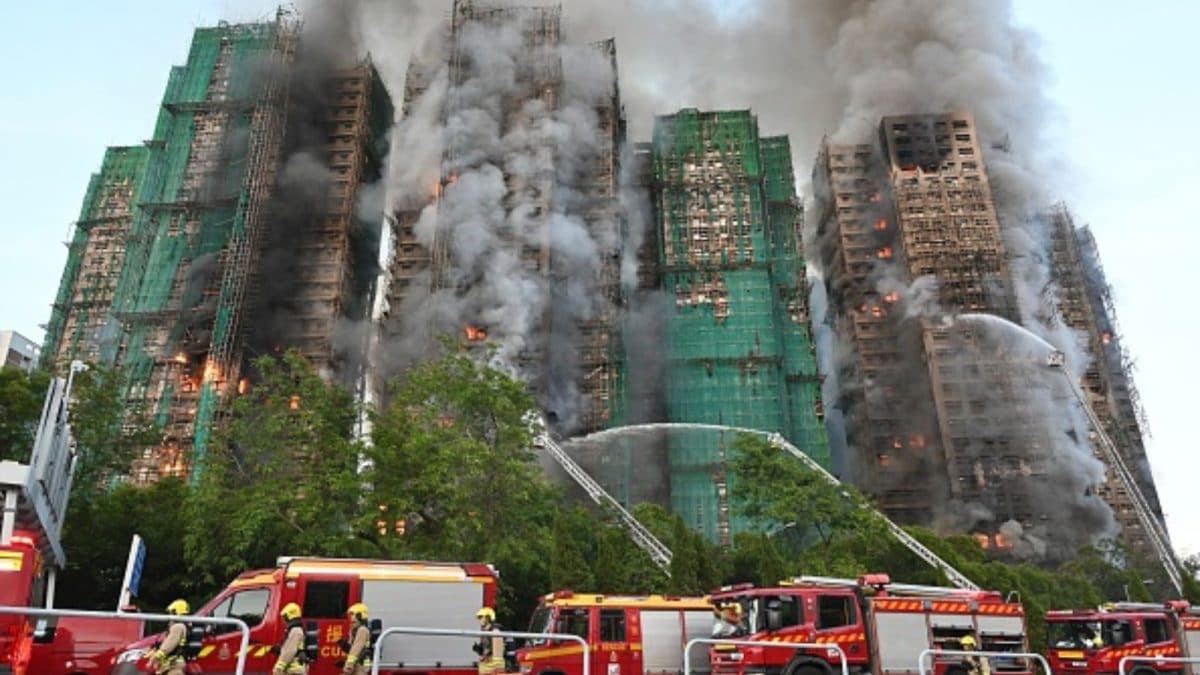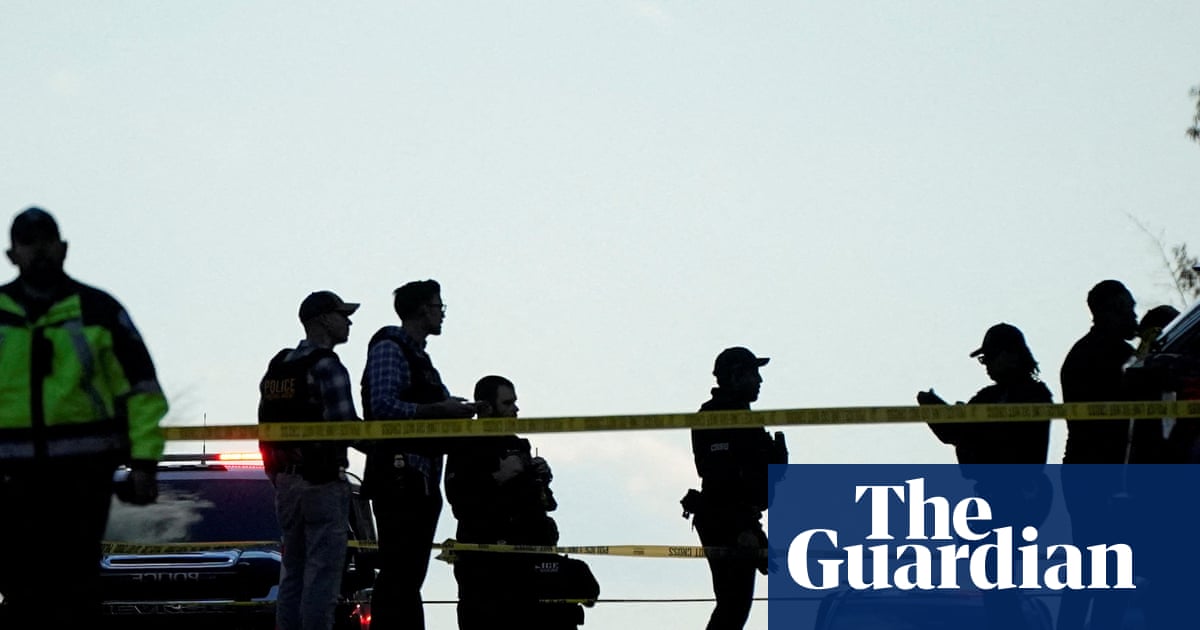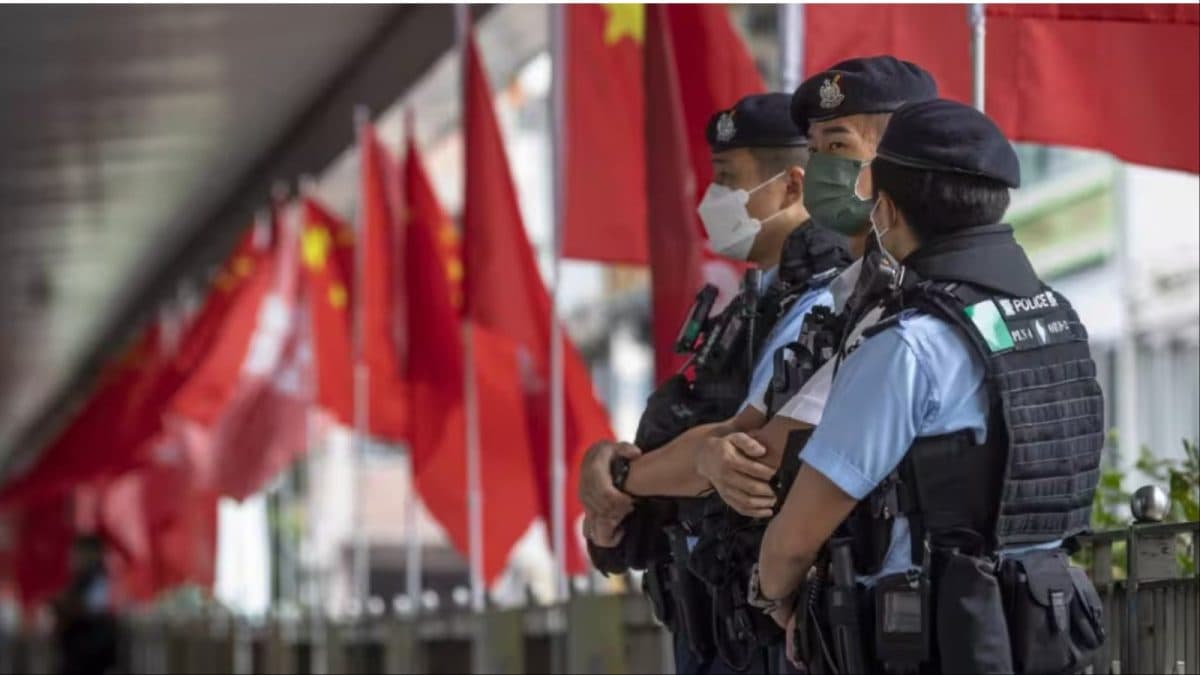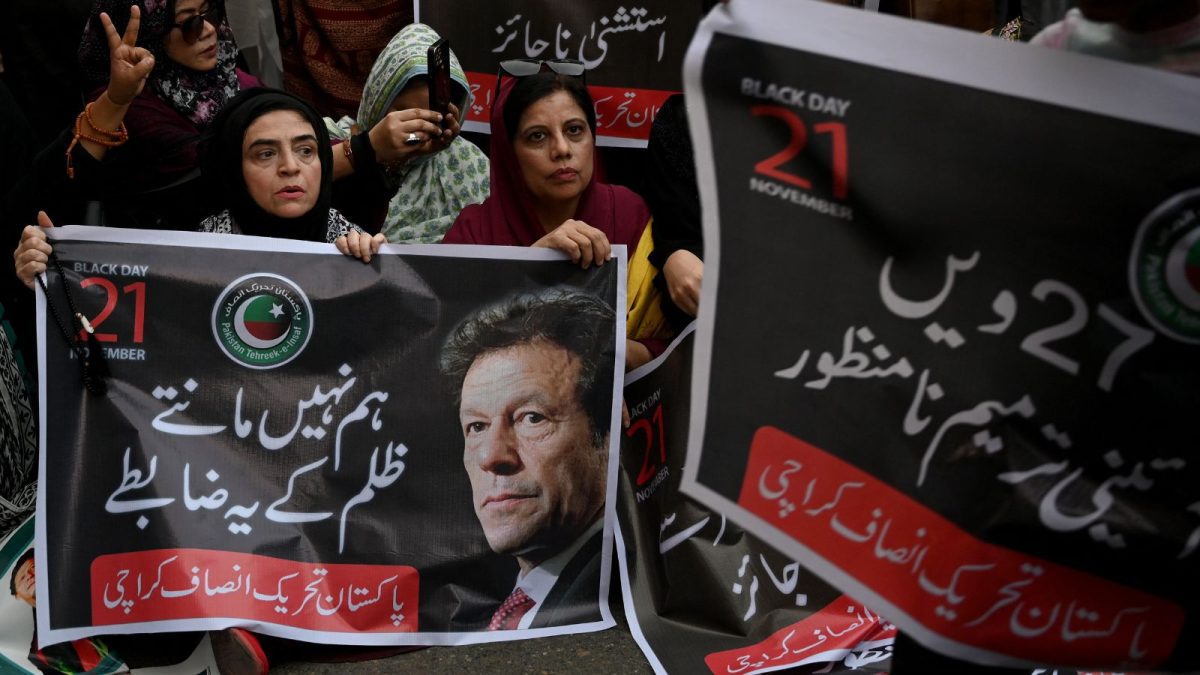Two teens and a digital rights group led by a New South Wales state politician are seeking an urgent high court injunction to block Australia’s under-16s social media ban, just two weeks before the ban is due to commence.
The two young people, 15-year-olds Noah Jones and Macy Neyland, are supported by the Digital Freedom Project – an initiative led by NSW Libertarian MP John Ruddick.
The Digital Freedom Project said it was challenging the law on the grounds Australians have a constitutional implied right to freedom of political communication.
The group announced its plans on Wednesday, but the court documents were not made available until Thursday.
The documents state the ban “will prevent persons under 16 years of age from using account-based social interaction to engage in communication by, to and between them of political and governmental matters on all social media services and platforms that are principal fora for such communication by 13 to 15 years-olds in Australia.”
The group has argued that only giving teens access to some of the sites, such as YouTube, in a logged out view, was not sufficient.
“Logged-out viewing does not provide a meaningful substitute for the interactive functions which are integral to and necessary for contemporary modes of free political communication by persons aged between 13 and 15 years of age and for the maintenance of the integrity and efficacy of the system of representative and responsible government mandated by the Constitution.”
The federal government, the communications minister and the eSafety commissioner have all been named as respondents in the case, and the Digital Freedom Project is seeking an injunction to prevent the parties from enforcing the ban.
Facebook, Instagram, Snapchat, TikTok, YouTube, X, Twitch, Kick and Reddit must stop children aged under 16 from holding accounts from 10 December under the legislation.
The Digital Freedom Project has argued that the social media ban would “improperly rob” 2.6 million young Australians of that right.
“This issue should concern every Australian,” Ruddick said in a statement. “This ban is disproportionate and will trespass either directly or indirectly upon the rights of every Australian.
“This ban is a direct assault on young people’s right to freedom of political communication. But it’s worse than that. Come December 10 all kids will be banned, and all the rest of us will have to prove our age and potentially provide ID just to access social media.”
Under the ban, platforms can accept ID as one form of age check, but it must not be the sole method of identification.
Both Meta and Snap Inc have said they will use ID checks as a fallback option in the event that facial age estimation incorrectly estimates an account to be held by someone under 16. Both companies have said they have methods of determining which accounts are likely to be held by children under 16.
“We’re disappointed in a lazy government that blanket bans under-16s rather than investing in programs to help kids be safe on social media,” Jones said. “They should protect kids with safeguards, not silence.”
“If you personally think that kids shouldn’t be on social media, stay off it yourself, but don’t impose it on me and my peers,” Neyland said. “Driving us to fake profiles and VPNs is bad safety policy. Bring us into safer spaces, with rules that work: age‑appropriate features, privacy‑first age assurance, and fast takedowns.”
Neyland will turn 16 before the ban comes into effect, according to the documents, but the statement of claim argued that the ban is “forcing her to surrender her privacy and anonymity by submitting personal identification to continue using social media.”
The communications minister, Anika Wells, said the government was prepared to face the legal challenge in question time on Wednesday.
“Despite the fact that we are receiving threats and legal challenges by people with ulterior motives, the Albanese Labor government remains steadfastly on the side of parents, and not of platforms,” she said. “We will not be intimidated by threats. We will not be intimidated by legal challenges. We will not be intimidated by big tech on the behalf of Australian parents. We stand firm.”
The high court will determine whether it hears the case. The next court sitting days are the first two weeks of December.
YouTube has also raised the possibility with the Albanese government of a high court challenge to its inclusion in the social media ban. The company has not responded to multiple requests to confirm its plans.

 3 hours ago
3 hours ago
